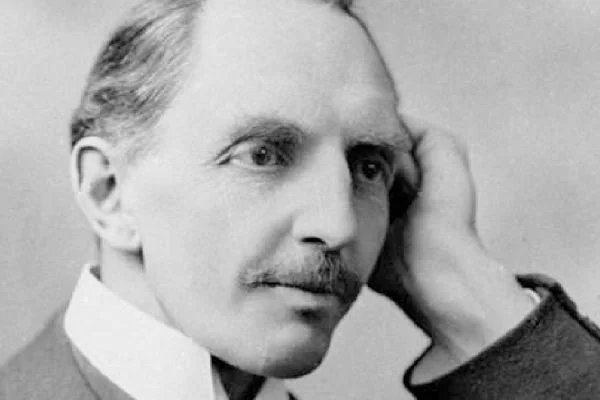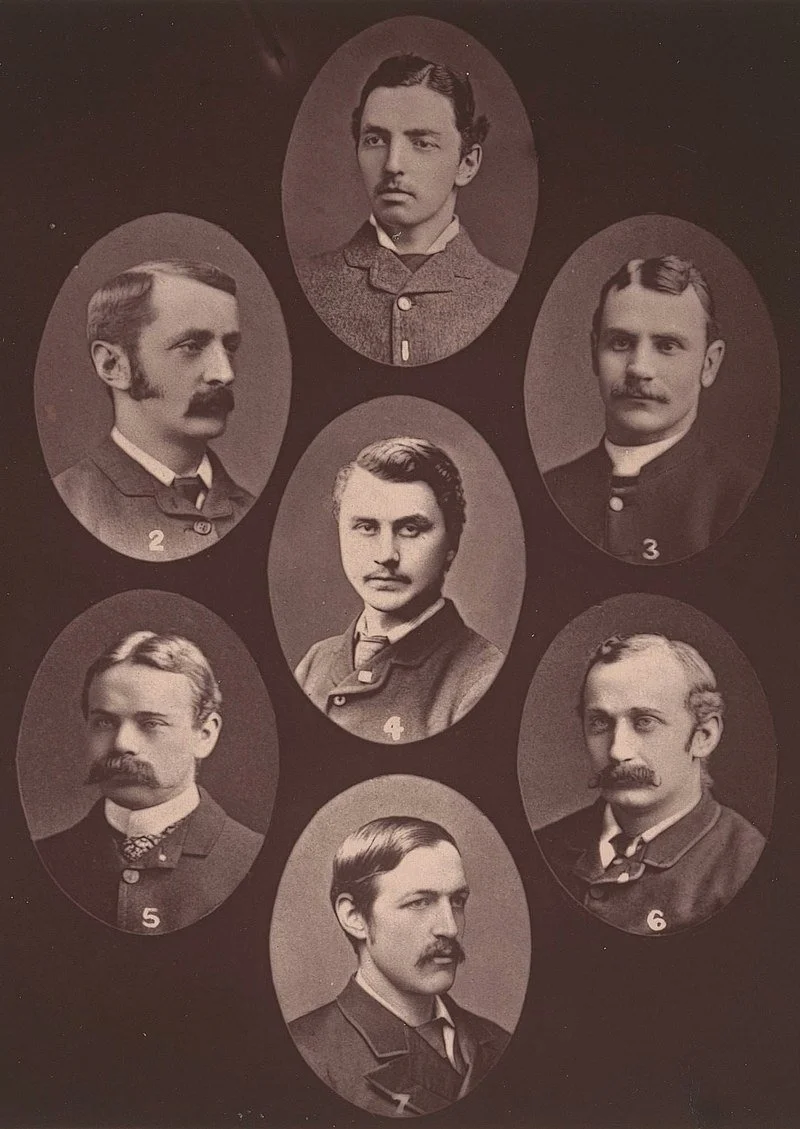“Only what’s done for Christ will last.”
C. T. Studd (1860-1931)
In 1860, Charles Thomas Studd was born into a wealthy family in England.
His father, Edward Studd, had made a fortune in India and retired to England to live out the rest of his days in leisure. Edward had a great love for gambling on horse racing.
Everything changed for Charles’ father when he attended one of D. L. Moody’s evangelistic crusades and trusted Christ in salvation. Instantly, his father’s gambling days were over. He sold all his racing horses and began hosting evangelistic campaigns at his home. Edward was ever-burdened for the souls of three sons to be saved.
As a teenager, Charles “C. T.” Studd became famous as one of the best cricket players in England. At around 18 years of age, C. T. himself did come to saving faith in Christ. For the next several years, however, his faith was half-hearted, and his life remained primarily focused on the game of cricket.
In the early 1880s, C. T.’s brother, George, became deathly ill. The experience caused C. T. to examine himself. He felt an increasing uneasiness in continuing to live a life of knowing Christ while refusing to live daily for Christ. He’d been saved for six years but had very little to show in the way of work for the Lord.
The Lord ultimately restored George’s health, but the harrowing experience forever shifted C. T. Studd’s perspective on life. He realized that the game of cricket would not last, nor would the honor and fame he received from playing the game.
All that truly mattered was living this life for the life to come.
“...I do not say, Don't play games or cricket and so forth. By all means play and enjoy them, giving thanks to Jesus for them.
Only take care that games do not become an idol to you as they did to me.
What good will it do to anybody in the next world to have been the best player that ever has been? And then think of the difference between that and winning souls for Jesus."
C. T. eventually surrendered his life to the foreign mission field. The decision was not popular at Cambridge University, where he played for the cricket team. But after sharing his decision with his friends, six other young men also surrendered their lives to missions. They became known as the “Cambridge Seven.”
Portraits of the “Cambridge Seven.” From left to right and top to bottom: Charles Thomas Studd, Dixon Edward Hoste, William Wharton Cassels, Stanley P. Smith, Cecil H. Polhill-Turner, Arthur T. Polhill-Turner, Montagu Proctor-Beauchamp.
Within two years, C. T. was on the mission field in China with missionary Hudson Taylor.
While C. T. was in China, his father died and left him a large sum of money as an inheritance. It would have been a great opportunity to leave the discomforts of the mission field for the comforts of home, but that’s not how C. T. saw it.
While reading the Bible, he became convinced God wanted him to give away his fortune to the work of God around the world—And that is precisely what he did.
He sent money to D. L. Moody, George Muller, and many others.
C. T. Studd is credited with writing the following poem that has stirred the hearts of believers for generations. (Warning: The following stanzas may shift your perspective from temporal to eternal.)
Only One Life
by C.T. Studd
Two little lines I heard one day,
Traveling along life’s busy way;
Bringing conviction to my heart,
And from my mind would not depart;
Only one life, ’twill soon be past,
Only what’s done for Christ will last.
Only one life, yes only one,
Soon will its fleeting hours be done;
Then, in ‘that day’ my Lord to meet,
And stand before His Judgement seat;
Only one life, ’twill soon be past,
Only what’s done for Christ will last.
Only one life, the still small voice,
Gently pleads for a better choice
Bidding me selfish aims to leave,
And to God’s holy will to cleave;
Only one life, ’twill soon be past,
Only what’s done for Christ will last.
Only one life, a few brief years,
Each with its burdens, hopes, and fears;
Each with its clays I must fulfill.
living for self or in His will;
Only one life, ’twill soon be past,
Only what’s done for Christ will last.
When this bright world would tempt me sore,
When Satan would a victory score;
When self would seek to have its way,
Then help me Lord with joy to say;
Only one life, ’twill soon be past,
Only what’s done for Christ will last.
Give me Father, a purpose deep,
In joy or sorrow Thy word to keep;
Faithful and true what e’er the strife,
Pleasing Thee in my daily life;
Only one life, ’twill soon be past,
Only what’s done for Christ will last.
Oh let my love with fervor burn,
And from the world now let me turn;
Living for Thee, and Thee alone,
Bringing Thee pleasure on Thy throne;
Only one life, ’twill soon be past,
Only what’s done for Christ will last.
Only one life, yes only one,
Now let me say, “Thy will be done”;
And when at last I’ll hear the call,
I know I’ll say “Twas worth it all”;
Only one life, ’twill soon be past,
Only what’s done for Christ will last.
Header photo by Immo Wegmann on Unsplash



